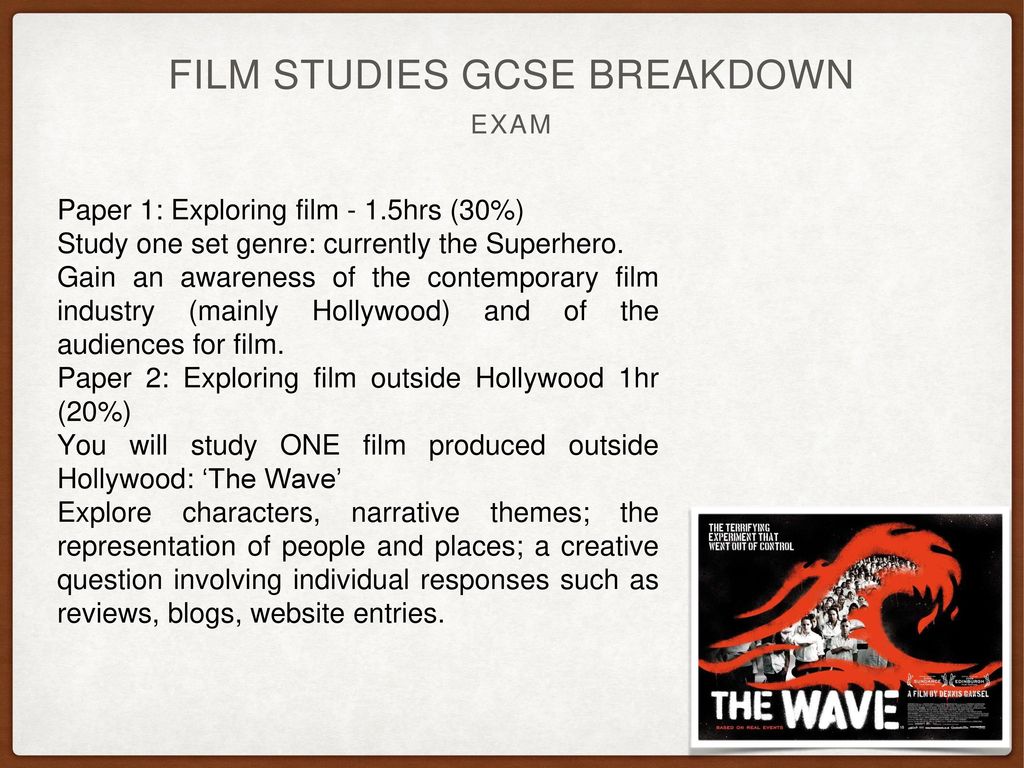Film studies is a discipline that deals with the critical analysis of film as an art form and a medium of communication. It involves the examination of various elements of film, including form, style, narrative, genre, performance, and production techniques, as well as the social, cultural, and historical context in which the film was made. Film studies also encompasses a range of approaches and methods, including formalism, realism, structuralism, semiotics, psychoanalysis, and cultural studies.
One of the key themes in film studies is the relationship between film and reality. This theme is often explored through the concept of realism, which refers to the extent to which a film represents the world as it is or might be. Realist films aim to present a true-to-life portrayal of the world, and are often characterized by their use of documentary-style techniques, such as hand-held cameras, naturalistic performances, and non-professional actors. On the other hand, non-realist films often use stylized techniques, such as special effects, artificial sets and locations, and exaggerated performances, to create a fictional or fantastical world.
Another major theme in film studies is the role of the spectator or viewer. This theme is often explored through the concept of reception theory, which is concerned with how audiences interpret and respond to films. Film scholars have developed a range of approaches to understanding the ways in which viewers engage with films, including psychoanalysis, which looks at the unconscious motivations and desires of the viewer, and cultural studies, which examines the social and cultural contexts in which films are viewed.
Genre is another important theme in film studies. Films are often classified into different genres, such as action, comedy, drama, horror, and romance, based on their content, style, and conventions. These genres serve as a shorthand for audiences, helping them to predict what kind of film they are about to see and how it will be structured. Film scholars often study the ways in which films within a particular genre adhere to or depart from conventions, as well as the ways in which genre films reflect or challenge cultural values and beliefs.
Finally, film studies also examines the role of film in society and culture. This theme is often explored through the concept of ideology, which refers to the values, beliefs, and assumptions that underlie a film or a film genre. Film scholars may look at how films reinforce or challenge dominant ideologies, or how they depict marginalized or underrepresented groups.
In conclusion, film studies is a multifaceted discipline that involves the critical examination of a range of themes, including the relationship between film and reality, the role of the spectator, the concept of genre, and the place of film in society and culture. Through the analysis of these themes, film studies helps to deepen our understanding of the medium of film and its place in the world.






